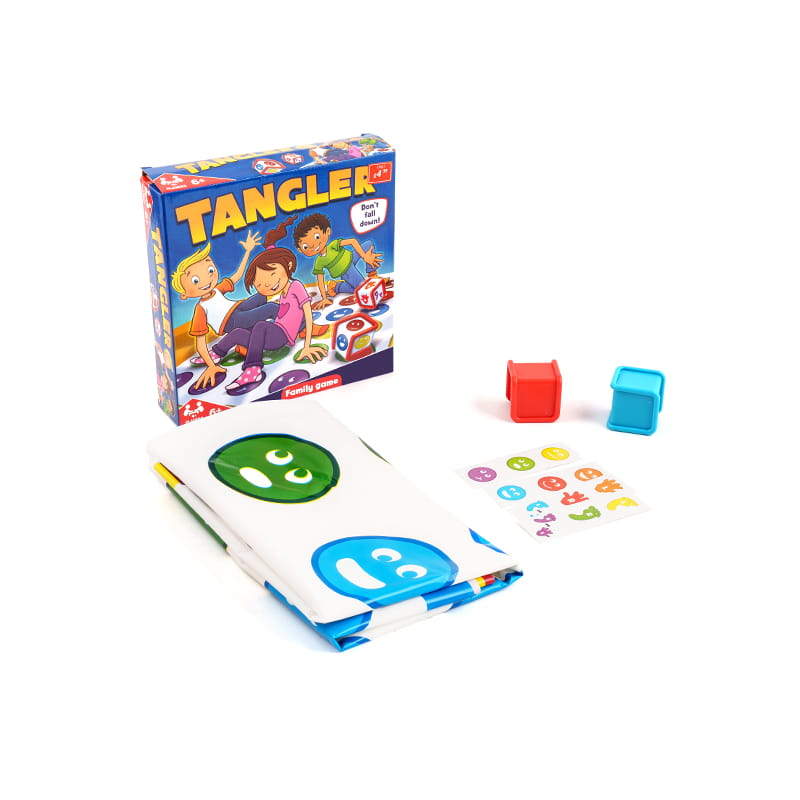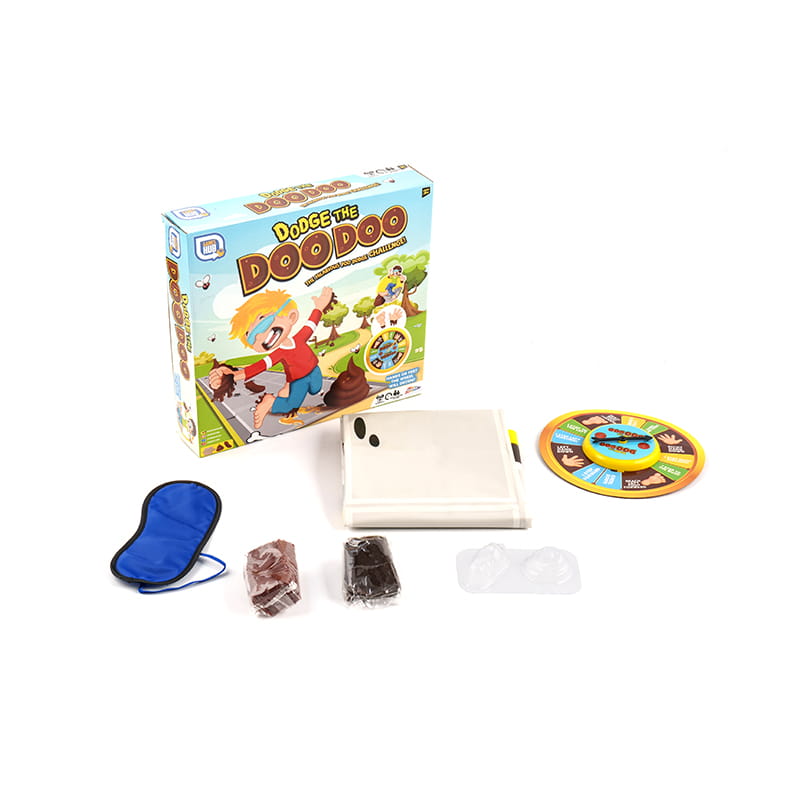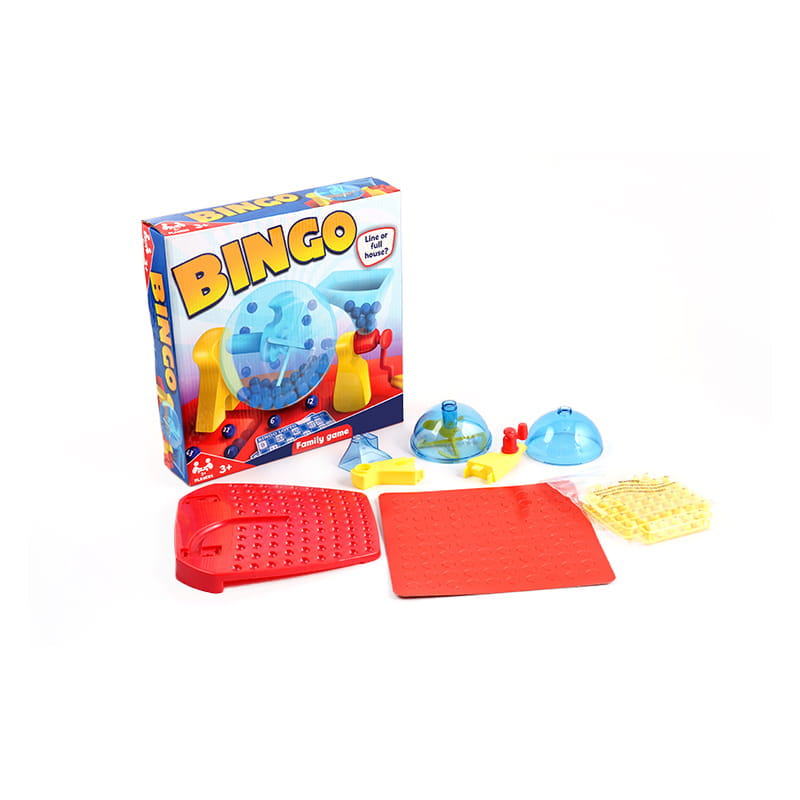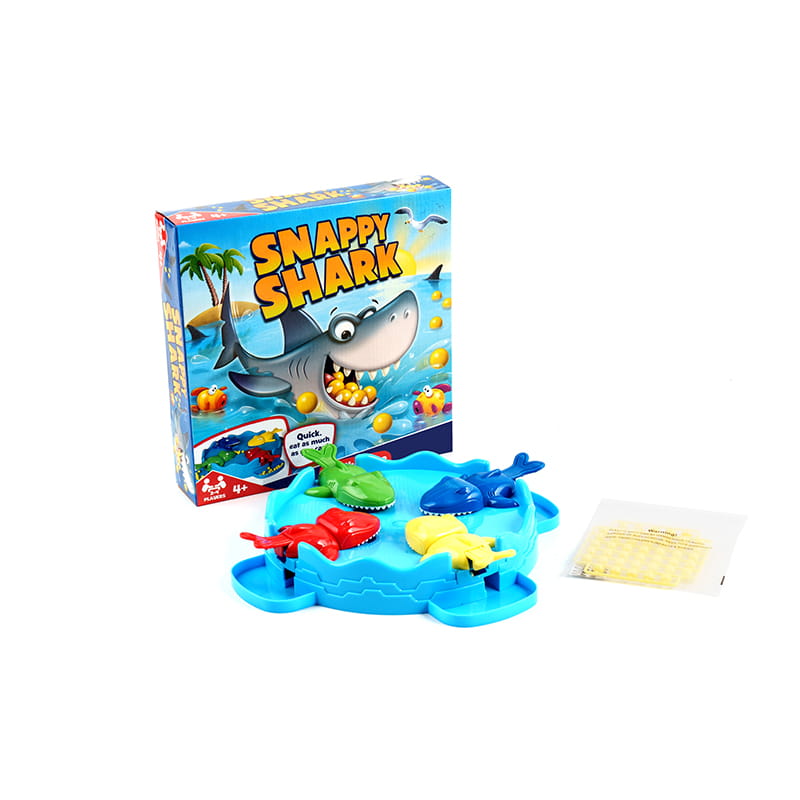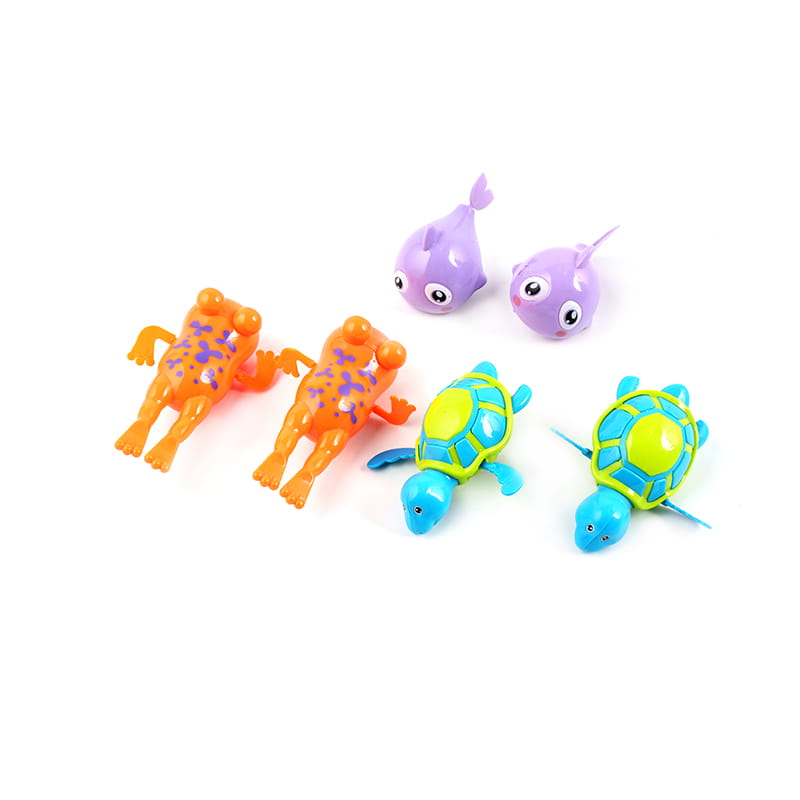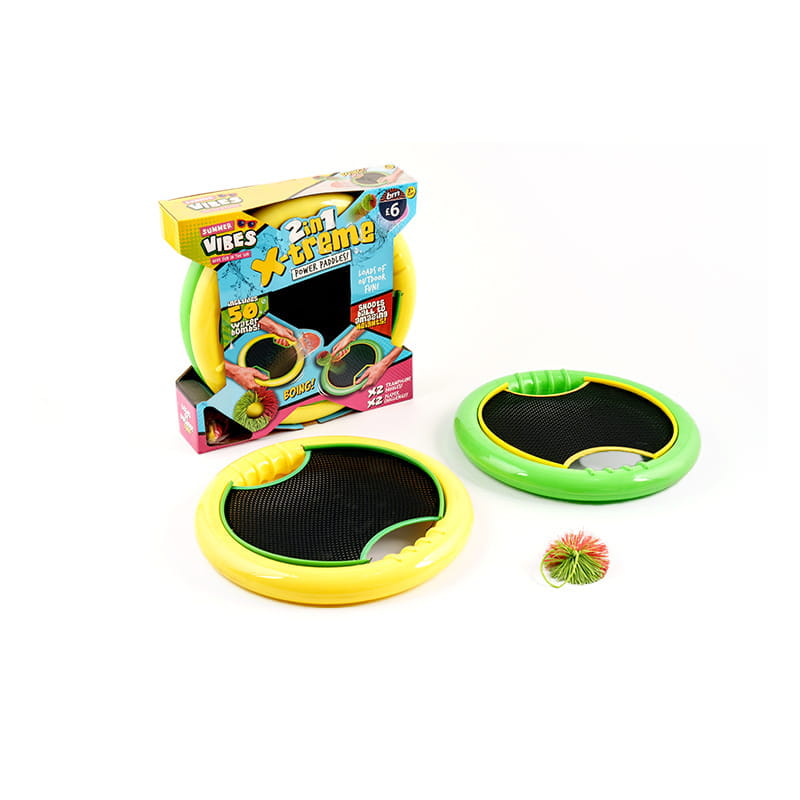- Type:
- Industry News
- Date
- 2025-Oct-10
What are some family-friendly outdoor interactive games for summer?
Game Types Suitable for the Whole Family
1. Physical Fitness
Through activities like hula hooping, Frisbees, and skipping ropes, everyone can enjoy the coolness of summer.
These activities are age-neutral, have simple rules, and naturally foster a turn-taking or team-based approach.
2. Teamwork
Inflatable obstacle courses, tug-of-war, relay races, and other collaborative activities allow parents and children to work together toward a common goal.
Group competitions foster a spirit of cooperation and friendly competition among family members.
3. Creative DIY
Based on DIY toy sets and hand-made building materials, these activities encourage the whole family to create together.
The process of collaboratively creating a project cultivates children's hands-on skills while allowing parents to experience the joy of parent-child collaboration under their guidance.
4. Outdoor Strategy
Giant puzzles, outdoor chess boards, and beach board games bring traditional tabletop games to the outdoors. These games require team discussion, planning, and execution, making them ideal for activities on the lawn or beach. They combine thinking skills with social interaction.
Why do summer outdoor interactive games enhance children's collaborative skills?
1. Driven by a shared goal
Team games set clear goals of winning or losing, or completing tasks. Children naturally learn to cooperate and support each other as they pursue shared outcomes.
2. Role division and complementary play
Games often require different members to assume different responsibilities (such as leading, passing, and directing). Through this division of labor, children learn to appreciate their own value and respect the contributions of others.
3. Real-time communication and problem-solving
The outdoor environment is constantly changing, and unexpected situations arising during games require children to communicate and negotiate solutions in real time, which cultivates their verbal expression and conflict mediation skills.
4. Physical collaboration and emotional connection
Through shared physical activities (such as pulling ropes or carrying props), children build trust through physical contact, which deepens their emotional bond and enhances their willingness to cooperate.


 English
English
 English
English 中文简体
中文简体